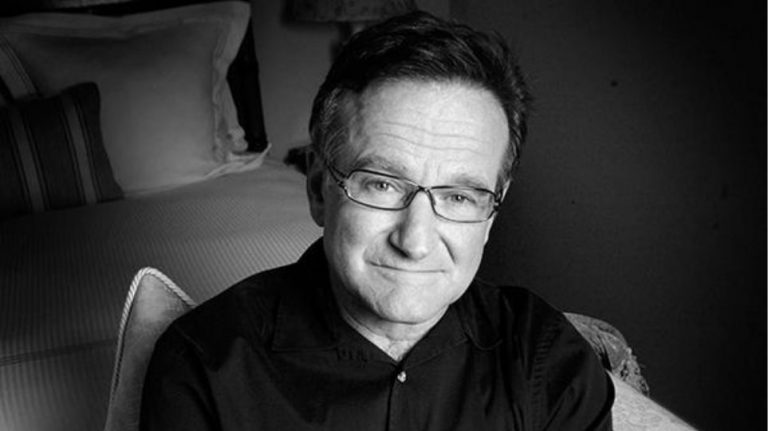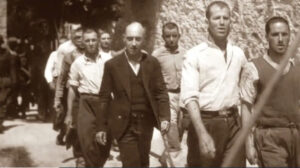Robin Williams had a thing for small romantic gestures.
The late comedian, who’s the subject of the new documentary “Robin’s Wish” (available on digital platforms and video on demand), met his third wife, Susan Schneider Williams, at an Apple store in Corte Madera, California, in 2007.
A couple of weeks before he died in 2014, “I had to run an errand at that very same Apple store,” Schneider Williams tells USA TODAY. “Out of the blue, he came walking in with flowers and surprised me. I looked at him like, ‘Oh, my God, what are you doing?’ And he said, ‘This is where it all began.'”
That kind and gentle spirit is what most people remember about Williams, beloved for his hilarious and heartwarming turns in movies such as “Aladdin,” “Mrs. Doubtfire,” “Dead Poets Society” and “Good Will Hunting” (for which he won a supporting actor Oscar in 1998).
But that sweetness masked his personal battles, as he had struggled with depression and drug and alcohol addiction since the early ’80s, after breaking out on ABC’s “Mork & Mindy.” His feelings of depression only intensified years later with the onset of diffuse Lewy body dementia, which went undetected until an autopsy after his suicide at age 63.
Controversial US decision “temporarily & partially” lifts the arms embargo on Cyprus
“We will never give up”: Charlie Hebdo republishes Mohammed cartoons
“Robin’s Wish” delves into the science behind LBD, a neurodegenerative disease in which abnormal protein deposits, called Lewy bodies, form in brain cells responsible for thinking, behavior and movement.
The film tracks the difficult final years of Williams’ life, as he suffered from debilitating insomnia, paranoia, hallucinations and confusion – all of which were thought to be brought on by Parkinson’s, the diagnosis he received less than three months before his death. Similar to Parkinson’s and Alzheimer’s diseases, LBD robs patients of their cognition and motor skills, but typically progresses more quickly, making basic problem-solving and comprehension difficult for those affected.
“He was the bravest man in the world, playing the hardest role of his life,” says Schneider Williams, 56, an artist and brain health advocate who serves as vice chair of the American Brain Foundation. “For someone as brilliant as Robin, who put his heart and soul into his career, to just start losing his abilities … it was devastating for him to watch what it means to be human slipping through his fingers”.
Read more: USA TODAY
Ask me anything
Explore related questions





